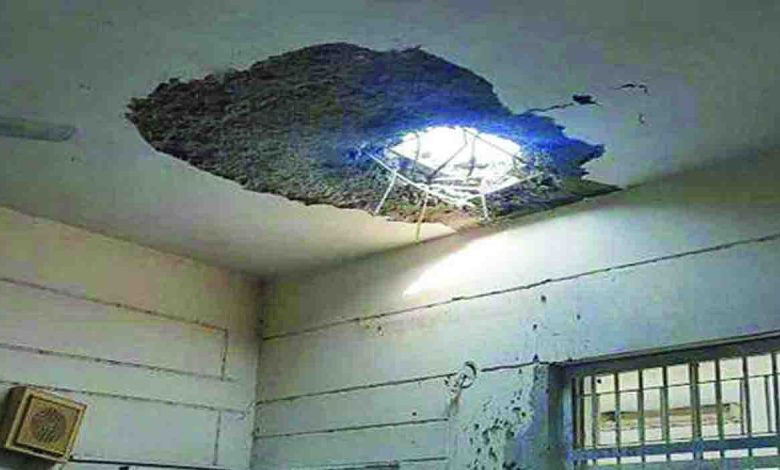Lethal weapons

Tuesday, 29 June 2021 | Pioneer
The terror strike on the IAF station points to another emerging danger, real and present
The drone enters India as a new security threat. The flying apparatus can be sent anywhere by anyone at any time, can travel largely unnoticed and, if need be, can take explosives as a payload as was the case in Jammu on Sunday. The Indian security forces are investigating how the two explosions happened at the Indian Air Force station. There are two basic issues involved. The first is, who was behind the attacks. The immediate finger of suspicion points to Pakistan. Many State and non-State actors in that country have invested in Kashmir remaining a disturbed zone even though Pakistan has officially agreed to a ceasefire. Their ease of access into Kashmir has of late been curbed by the Indian security forces, making it difficult for conventional methods of infiltration into Kashmir to succeed. Drone technology comes to the aid of such frustrated parties to either send across arms and ammunition, as has been the case on a couple of occasions in the past or drop explosives. The possibility of elements inimical to Indian interests getting paid or brainwashed to do the job from Indian soil cannot be ruled out. It could also be the handiwork of misguided local elements with or without questionable patronage. Either way, the drone attack is a big security threat. There are reports of quadcopters having been seen in the Kaluchak area of Jammu on Sunday night and the police are pursuing certain leads.
In the long run, there will be concomitant thoughts on early drone detection, regulating drone operations in India, increasing security near defence installations, and so on. The second issue relates to the timing of the drone attack, irrespective of who the sponsor is. There is a lot at stake in the entire region between Kashmir and Kabul at present. The Taliban are on a territory-grabbing spree in Afghanistan even as the US troops prepare to withdraw. India is assessing its role in Afghanistan that also calls for a line of communication with the Taliban, much to Pakistan’s chagrin because not only Pakistan wants to play a dominant role in Afghanistan but it also gives protection to a large section of the Taliban leadership on its soil. And, the Financial Action Task Force has decided to keep Pakistan in the grey list. Importantly, it comes immediately after the first opportunity to revive talks between the Union Government and the mainstream parties after ending J&K’s special status in 2019. Whether as part of backchannel communication with Pakistan or under the critical glare of the international community or otherwise, it is the Union Government’s initiative to complete the pending democratic processes in J&K. The communication has happened in Delhi on June 24 only with political parties which do not question the Constitution of India. There is still a question mark about separatist groups, whose leaders are currently in incarceration and who have steadfastly refused to talk to the Union Government without involving Pakistan.






